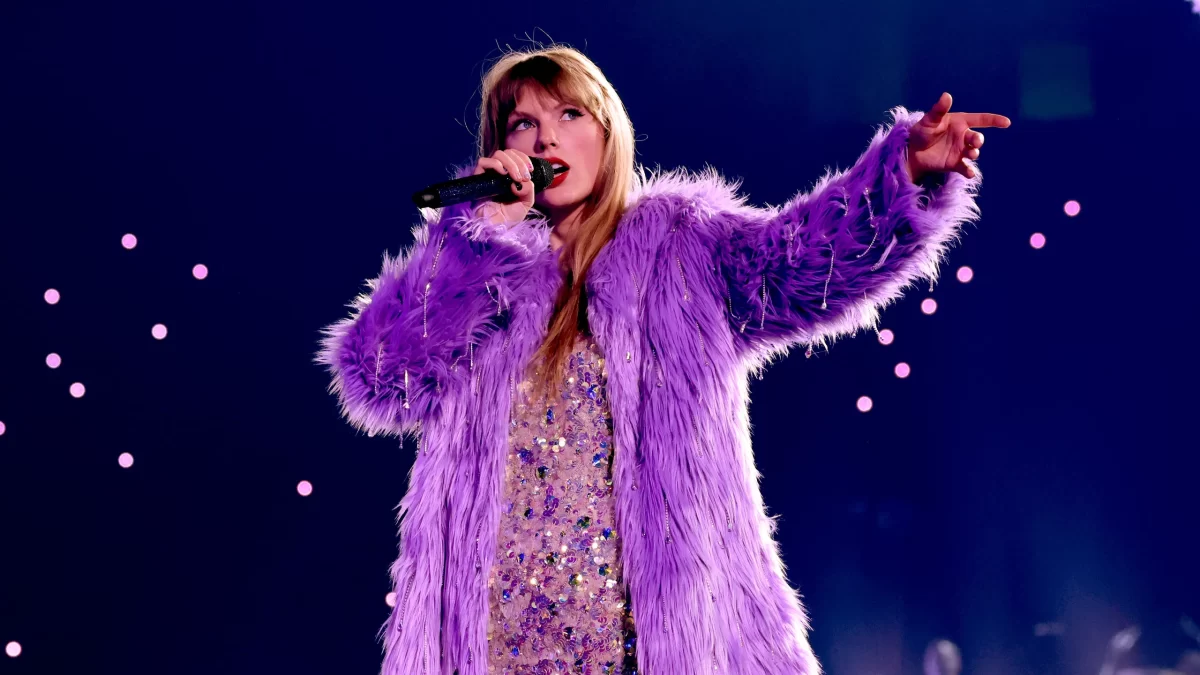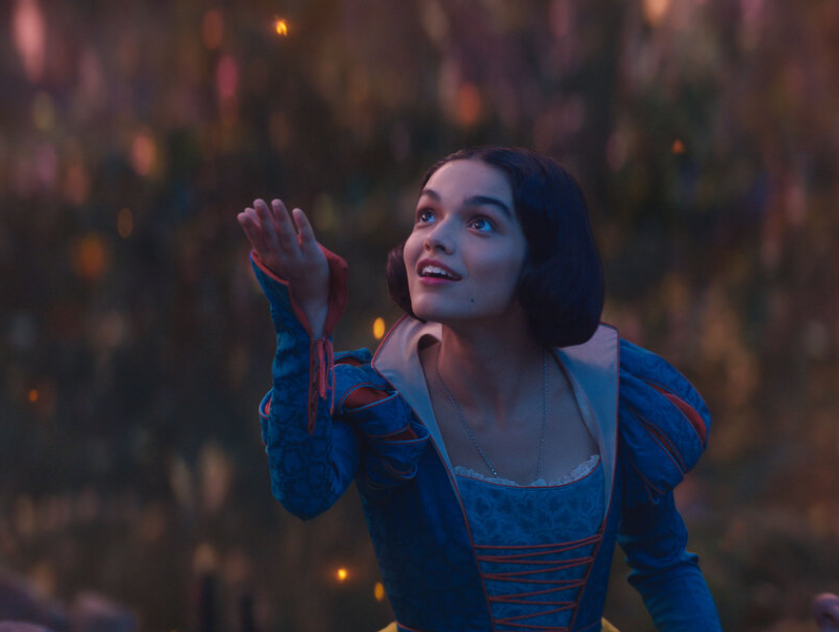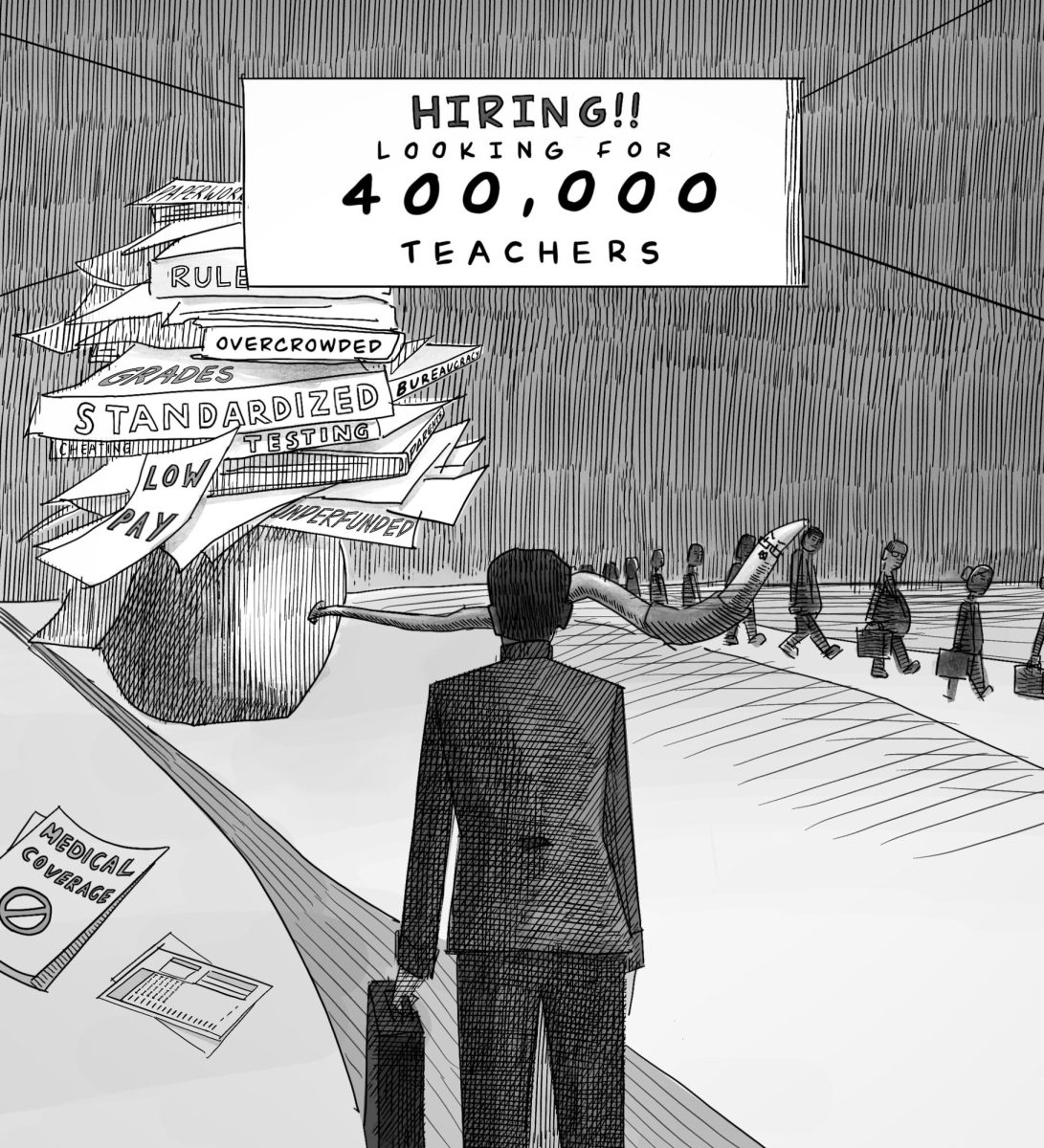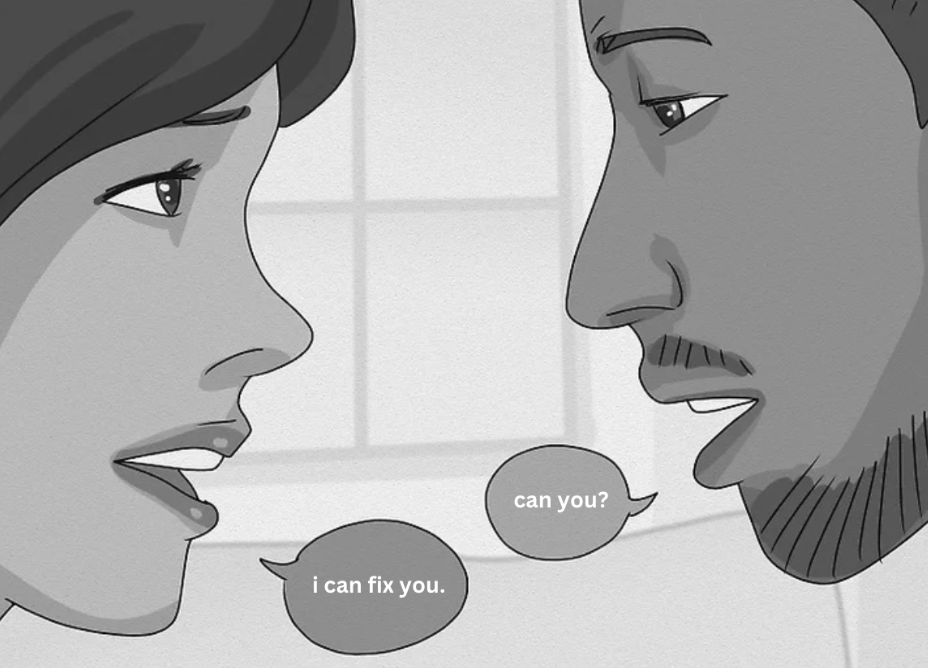Taylor Swift is arguably the most influential artist of our time. In the last few years, she has taken over the musical scene both on the charts and online. On Halloween of 2022, her album “Midnights” had taken over the entire top ten of the Billboard Hot 100 for the first time in Billboard history. Beloved by her fanbase, the praise she gets greatly outweighs the criticism she receives, and she is often at the forefront of parasocial relationships. However, despite having a platform that reaches millions of people, she uses it incrementally, speaking out on political and social issues only when it relates to or benefits her.
For most of Swift’s career, the pop star has remained tight lipped when it comes to politics. She explained in an interview with The Guardian that: “The number one thing they absolutely drill into you as a country artist, and you can ask any other country artist this, is ‘Don’t be like the Dixie Chicks!’” The Dixie Chicks, a country musical group, came under fire in 2003 for publicly denouncing the Iraq War, criticizing the current president George W. Bush. They were immediately, using modern terms, “canceled.”
While this is a valid excuse for not speaking out, nowadays celebrities and influencers are encouraged to to speak out and inform their audiences about the injustices in the world. This is especially true for Swift, as her following ensures that anything she supports and talks about will never go unnoticed. Her remaining silent despite being such an influential figure is odd, considering the fact that a lot of her music centers around feminism and misogyny, highly contested topics in recent media. Jon Caramanica in a New York Times article echoes this sentiment, saying that: “In a time when speaking out has become a critical component of celebrity, the silence [from Swift] was extremely loud.”
In a John Hopkins News Article, Madelyn Kye points out that Swift “still speaks out when she, herself, feels targeted, such as when the Netflix show Ginny & Georgia slut-shamed her, as well as…when women’s rights are challenged.” In Ginny & Georgia, the mother Georgia and daughter Ginny are in an intense argument when Ginny calls out her mom saying: “What do you care? You go through men faster than Taylor Swift.” This was likely just a throwaway line said by a hot-headed teenager, designed to target Georgia, not to insult Swift herself. As it was still referencing her nonetheless, Swift responded, calling out the show and Netflix on Twitter. “Hey Ginny & Georgia, 2010 called and it wants its lazy, deeply sexist joke back.” Swift wrote this tweet in 2021, and hasn’t called out any other sexist or misogynistic jokes criticized in the media, making her previous statements seem hypocritical. Since then, Swift has remained mostly silent, only posting about her own music, and speaking out about Roe v. Wade in 2022.
Despite all this, musical artists are not obligated to speak out on these sorts of issues. They are not politicians, and their job is to create music, not talk about world issues. Today’s society encourages celebrities and people with influence to use their platform to promote causes, but at the end of the day it is up to individuals themselves as to whether or not they want to do that. While they can have a positive influence, they are also at risk for losing thousands of fans, which for celebrities is their livelihood. But some celebrities, like Swift, shouldn’t have to worry about this considering the number of fans they have.
Swift is also not obligated to use her platform, but she (or her PR manager) has in fact decided to speak out. Once she did, she established a precedent for people in positions of influence, that you can just support a movement for brownie points from the public, even if you don’t truly care about it. Celebrities and influencers clout chasing has become a prevalent issue online, and Swift’s actions are leaning towards that. No matter how beloved or famous a celebrity is, no one should be supporting causes blindly and without genuine intentions, as this does a lot more harm than good for the communities involved.












